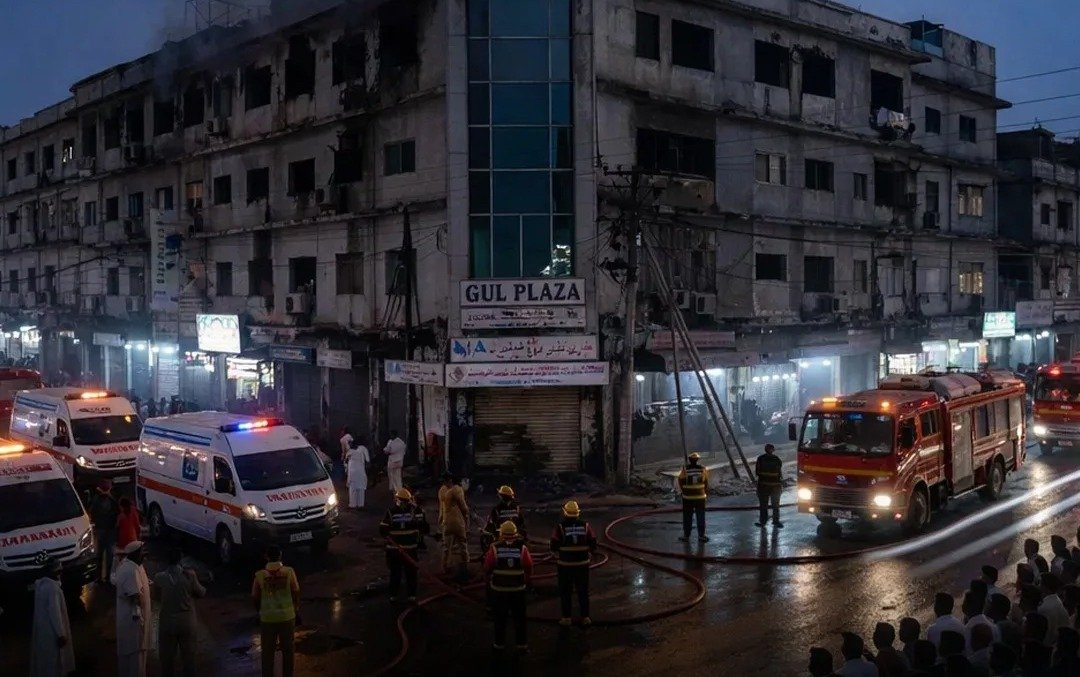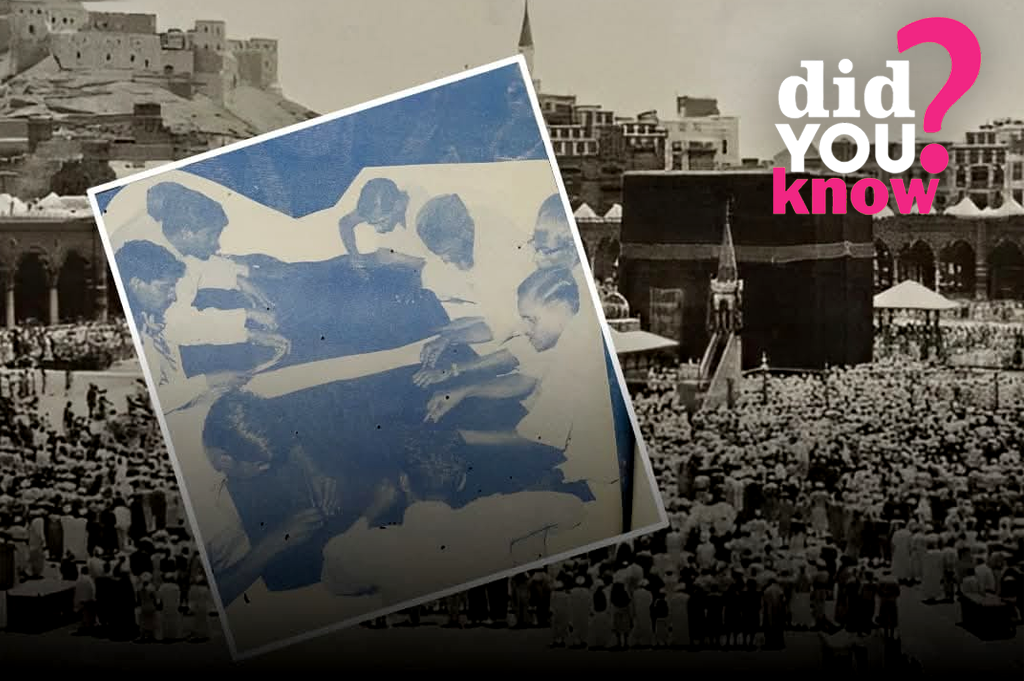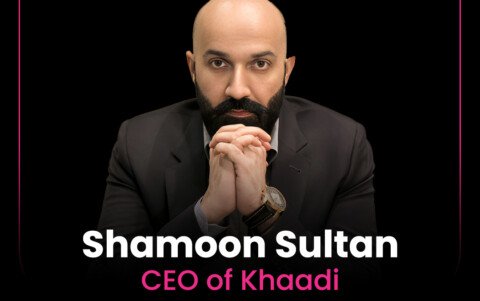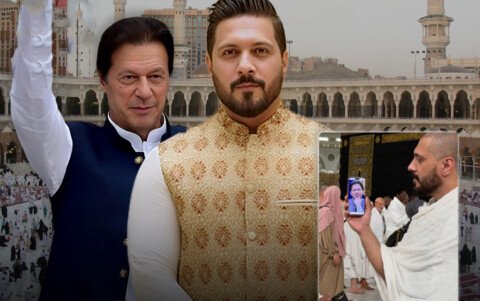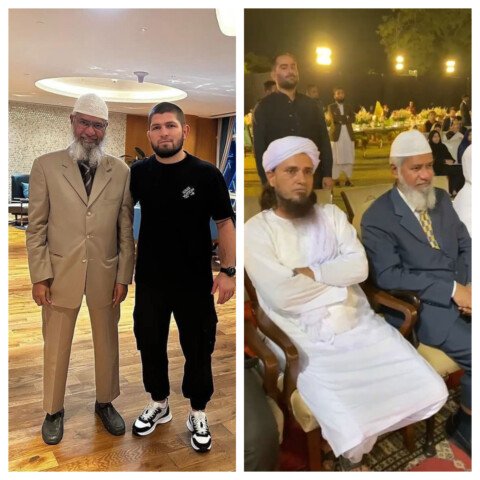In 1962, a significant chapter of history unfolded when Pakistan had the honor of preparing the sacred Ghilaf-e-Kaaba, the revered cloth that adorns the holy Kaaba in Makkah. This extraordinary task was undertaken by a renowned Pakistani silk merchant, Waheed ud Din Ansari, in Karachi. The event stands as a proud moment for Pakistan and highlights the deep-rooted spiritual and cultural connection between the country and the Islamic world.
The Ghilaf-e-Kaaba holds immense religious significance for Muslims across the globe. Annually replaced during the Hajj season, it symbolizes reverence, purity, and devotion. Traditionally, the Ghilaf is crafted using the finest silk and adorned with verses from the Holy Quran embroidered in gold and silver threads. Its preparation requires immense skill, precision, and dedication, as it reflects a sacred offering to the most revered site in Islam.
In 1962, Pakistan was granted the prestigious opportunity to contribute to this centuries-old tradition. Waheed ud Din Ansari, a celebrated silk merchant and expert in textile craftsmanship, was chosen for this task due to his unmatched expertise and commitment to quality. The responsibility was a matter of immense honor and pride for both Ansari and the nation. This project not only showcased Pakistan’s exceptional artisanship but also highlighted the country’s spiritual dedication to Islamic traditions.
The Ghilaf was meticulously crafted in Karachi, with Waheed ud Din Ansari and his team of skilled artisans overseeing every detail. The cloth, made from premium-quality black silk, was adorned with intricate Arabic calligraphy featuring Quranic verses embroidered with gold and silver threads. The artisans worked with unmatched devotion, ensuring that each stitch was perfect and reflected the reverence the holy cloth deserved. Their efforts demonstrated not only their skill but also their deep spiritual connection to the task.
For a country that had gained independence just fifteen years earlier, this event symbolized far more than just craftsmanship. It was a moment of immense pride for Pakistan, as the nation contributed to a sacred tradition that has been carried out for centuries. The preparation of the Ghilaf-e-Kaaba in Karachi strengthened Pakistan’s standing in the Muslim world, affirming its role as a country devoted to preserving and honoring Islamic heritage.
The completion of the Ghilaf was celebrated as a national achievement. It was not just a cloth but a manifestation of love, faith, and devotion that reflected the deep respect Pakistan holds for the Kaaba. Waheed ud Din Ansari’s contribution remains a defining legacy, as it symbolized Pakistan’s role in serving the Muslim Ummah through its artistry and reverence for sacred traditions.
Over the years, Saudi Arabia institutionalized the production of the Ghilaf-e-Kaaba, which is now crafted within its borders. However, the story of Pakistan’s role in 1962 remains a cherished chapter in the nation’s history. Waheed ud Din Ansari’s work continues to inspire generations of artisans, reminding them of the honor and responsibility that comes with such tasks.
The Ghilaf-e-Kaaba prepared in Karachi is not just a story of craftsmanship but also one of unity, pride, and faith. It reflects the dedication of a nation to serve its religious and cultural heritage, leaving behind a legacy of devotion that will be remembered for generations to come.


